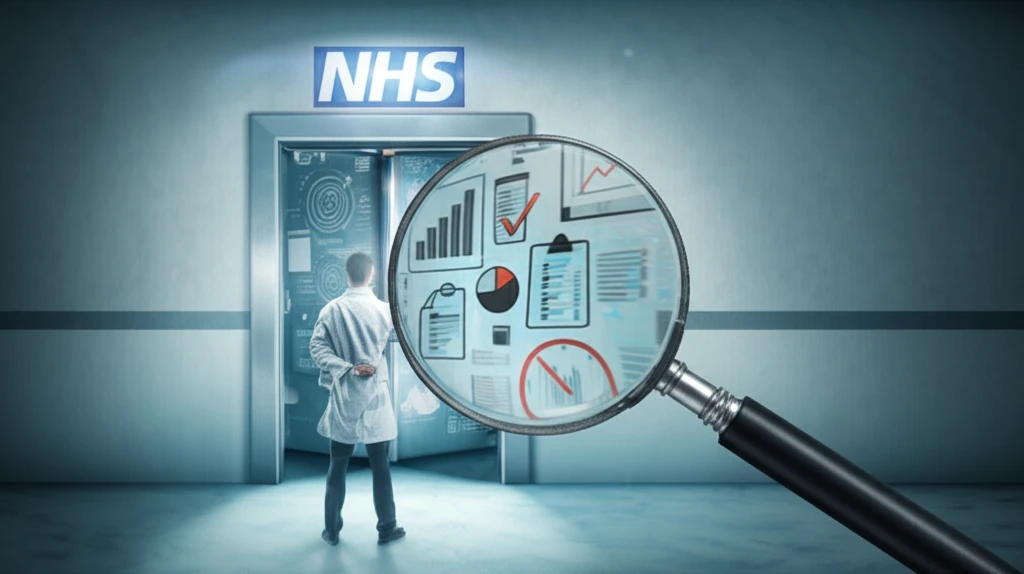
The Private GP Myth: Unveiling the Manufactured Scandal in Healthcare
"Are private GPs really to blame for NHS woes? A critical look at the media's manufactured outrage."
In an era where healthcare access is a constant topic of public debate, a recent article in the Mail on Sunday ignited controversy with its headline: "Can't get in to see your doctor? Highly paid GPs accused of driving up waiting times by favouring lucrative private clients over NHS patients." This bold statement raises critical questions about the role of private general practitioners (GPs) within the broader healthcare system and whether they are truly contributing to the strain on the National Health Service (NHS).
The article's key points included allegations that many doctors work part-time for the NHS while dedicating time to private patients, that one in 30 GP consultations are privately paid, netting doctors £550 million annually, and that a pressure group suggested NHS patients would inevitably face longer wait times as a result. Such claims, if substantiated, could significantly impact public trust in healthcare providers and the NHS.
However, a closer examination reveals that the Mail's assertions are based on a LaingBuisson consultancy report from 2013-14. This raises questions about the timeliness and relevance of the information. Why has the Mail dusted off old data as if it were breaking news? This article will critically assess the claims made against private GPs, examine the evidence, and provide a more balanced perspective on the complexities of healthcare access in the UK.
Deconstructing the Data: What the Numbers Really Say

The Mail's article relies heavily on a LaingBuisson consultancy report from 2013-14, which it presents as “the latest available figures.” This claim is immediately problematic. Healthcare is a rapidly evolving field, and data from nearly a decade ago may not accurately reflect the current landscape. The Mail acknowledges that the number of private consultations "could be higher still" today, but this is pure speculation and scaremongering. LaingBuisson produces annual reports, and the most recent ones do not indicate a significant surge in private primary care.
- Outdated Data: The Mail's reliance on a 2013-14 report raises questions about the relevance of the information.
- Selective Quoting: The article selectively quotes the BMA and RCGP, omitting the context of their statements.
- Misrepresentation: The "pressure group" cited in the article, Patient Concern, is portrayed as an objective source, but it is a small organization with a specific viewpoint.
The Real Story: Demand and Access
Ultimately, there is an interesting and important story to be written about the increasing demand for more responsive, fee-paying, concierge-style access to general practice, bypassing the NHS. However, the Mail's story isn't it. By selectively using outdated data, misrepresenting the views of professional organizations, and focusing on sensationalism rather than substance, the Mail has manufactured a media scandal that distracts from the real challenges facing the NHS. The real story lies in addressing workforce shortages, funding gaps, and systemic inefficiencies to ensure that all patients have timely access to quality healthcare, regardless of their ability to pay.
